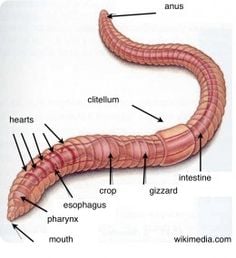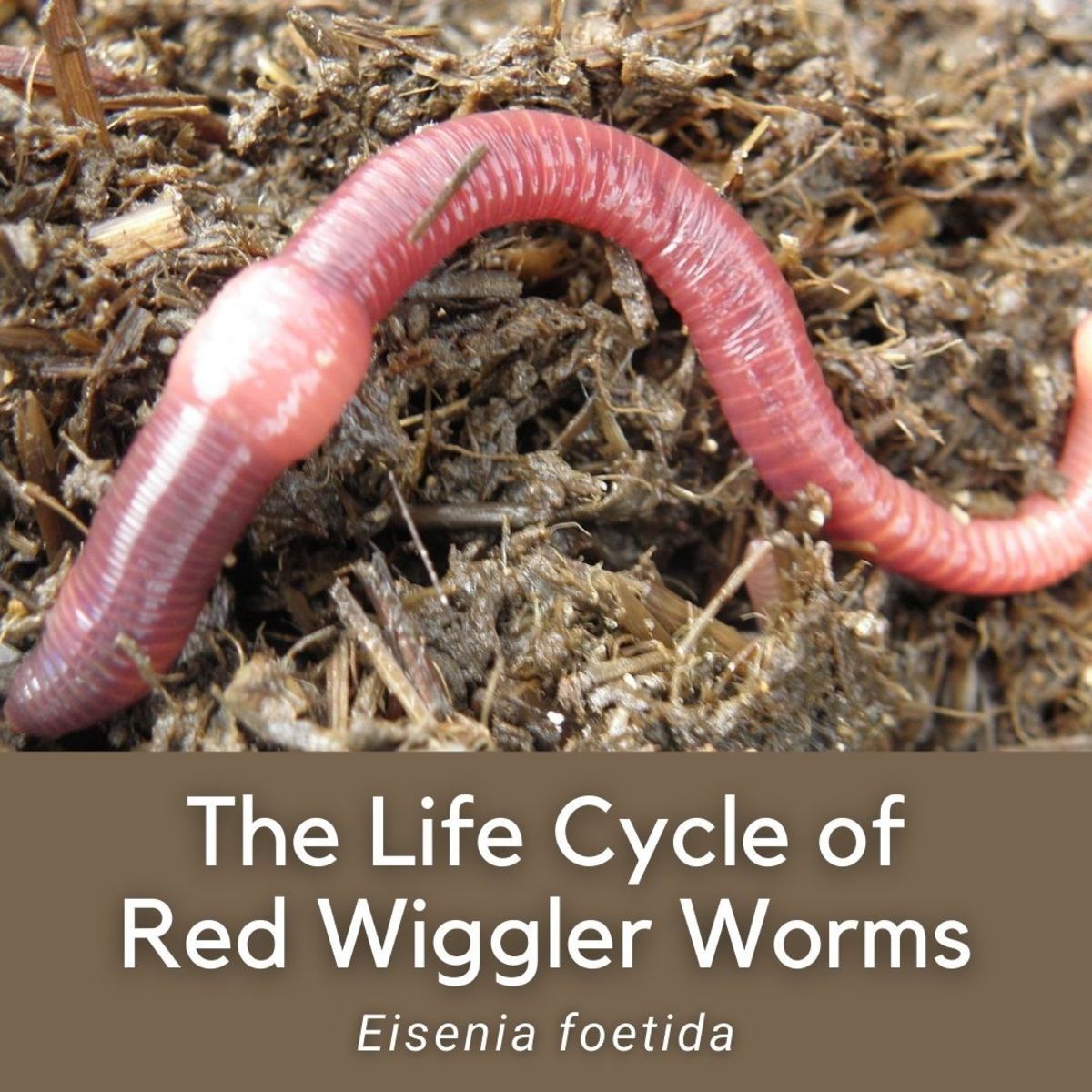Red Wiggler Worms - Efficient Decomposers for Your Compost Container
Red Wiggler Worms - Efficient Decomposers for Your Compost Container
Blog Article
Red Wiggler Worms Demystified: Unlocking the Secrets of Vermiculture for Greener Living and Nutrient-Rich Dirt
In the world of sustainable practices for improving soil quality and promoting eco-conscious living, red wiggler worms play an essential yet typically overlooked duty. These humble animals have the amazing ability to change natural waste right into nutrient-rich castings that serve as a potent natural fertilizer. By diving right into the globe of vermiculture, one can reveal a variety of advantages that expand much past typical composting approaches. Comprehending the intricacies of taking care of these worms, enhancing their atmosphere, and using their spreadings can cause a greener lifestyle and healthier dirt for plants to grow.
The Duty of Red Wiggler Worms
Red Wiggler worms play an essential role in composting systems by effectively damaging down natural matter right into nutrient-rich castings. These starved eaters consume a range of organic products, such as kitchen area scraps, yard waste, and paper products. As they feed, the worms' gastrointestinal procedures break down the organic matter right into a penalty, dark, and nutrient-dense material referred to as worm spreadings or vermicompost.
The spreadings created by Red Wiggler worms are highly helpful for soil health and plant development. They are rich in essential nutrients like potassium, phosphorus, and nitrogen, which are vital for supporting healthy and balanced plant development. Furthermore, worm castings contain advantageous microorganisms and enzymes that aid boost soil structure, boost water retention, and enhance nutrient uptake by plants.
Benefits of Vermicomposting

It enhances dirt structure, enhances dirt oygenation, and boosts soil dampness retention. Vermicompost also improves the soil with essential nutrients like nitrogen, phosphorus, and potassium, advertising plant development and general soil fertility.
Furthermore, vermicomposting supports sustainable gardening methods by providing a chemical-free and all-natural choice to synthetic fertilizers. Red Wiggler Worms. This eco pleasant technique not only enriches the dirt but likewise assists minimize dependence on dangerous chemicals, promoting a greener and extra lasting means of horticulture
Establishing Up a Worm Bin
When developing a worm bin for vermicomposting, appropriate setup is crucial to ensure the success of the composting procedure. The initial action in setting up a worm container is picking an appropriate container.
After adding the bed linens, present the red wiggler worms to the bin. The worms need to then be provided with food scraps such as fruit and vegetable peels, coffee premises, and eggshells.
On a regular basis monitor the moisture degrees and temperature level in the worm bin to guarantee ideal problems for the worms. With correct arrangement and upkeep, the worm bin will efficiently transform natural waste right into nutrient-rich compost for your plants and yard.
Gathering Worm Spreadings
To efficiently collect nutrient-rich worm spreadings from your vermicomposting system, a systematic harvesting approach is vital. When it her explanation comes time to harvest the worm castings, there are a few essential actions to comply with to make certain an effective procedure.

Troubleshooting Common Issues
Determining and dealing with typical challenges that might arise throughout the vermicomposting process is this post crucial for preserving a efficient and healthy and balanced worm bin. One typical issue that vermicomposters experience is overfeeding. Including excess food scraps can bring about a build-up of dampness and acidity in the worm container, potentially hurting the worms. To stop this, feed the worms in moderation, making certain that the food scraps are sufficiently broken down prior to including extra. Another issue is undesirable odors originating from the worm container. Foul scents suggest anaerobic conditions, typically brought on by overwatering or poor ventilation. To fix this, adjust the moisture degrees by adding completely dry bed linen products like shredded newspaper or cardboard and increase aeration by turning the bedding on a regular basis.
Additionally, if the worm population is decreasing or the worms appear unhealthy, it could be as a result of environmental stress factors such as severe temperature levels or pH levels. Keeping track of these factors and making essential adjustments is necessary for the wellness of the worms. By repairing these usual problems immediately, vermicomposters can guarantee a smooth and successful vermicomposting process while preserving a prospering worm populace.

Final Thought
In verdict, red wiggler worms play a critical function in vermiculture by damaging down natural matter into nutrient-rich dirt. Establishing up a worm bin is crucial for successful vermiculture, and harvesting worm castings offers important garden compost for gardening.
As they feed, the worms' digestion procedures damage down the natural issue into a fine, dark, and nutrient-dense material understood as worm castings or vermicompost.
The castings produced by Red Wiggler worms are very advantageous for anchor soil wellness and plant development. Including excess food scraps can lead to a buildup of dampness and acidity in the worm container, possibly harming the worms.In addition, if the worm populace is declining or the worms show up unhealthy, it can be due to ecological stressors such as severe temperature levels or pH levels. Establishing up a worm container is essential for effective vermiculture, and collecting worm castings provides beneficial garden compost for gardening.
Report this page